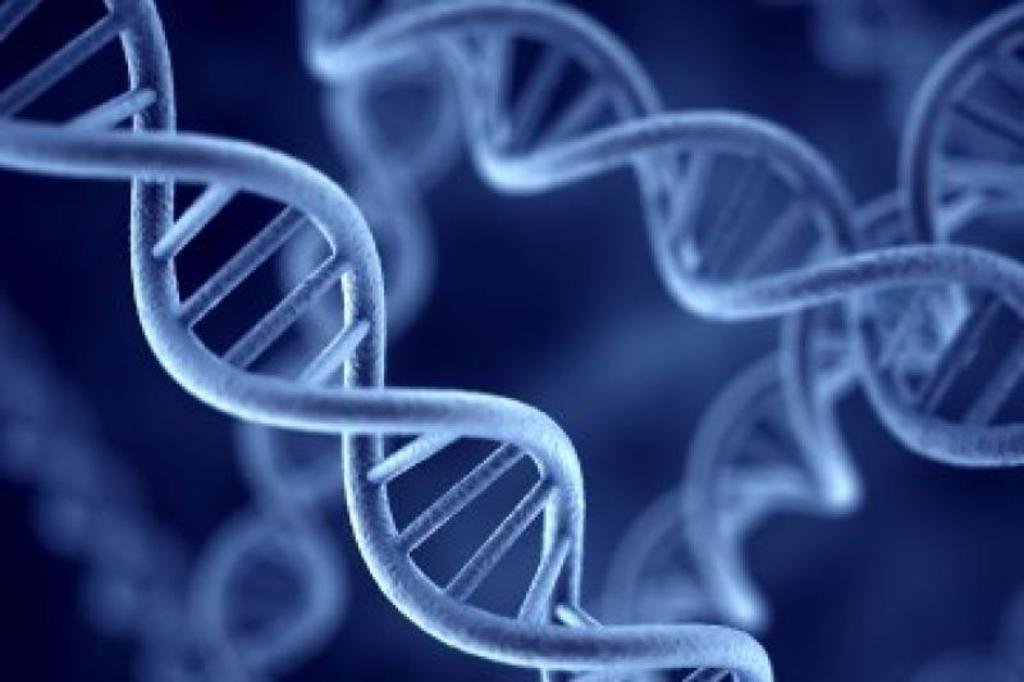
image credit- shuttershock.com
A new genetic databank has been established containing the completed whole-genome sequencing (WGS) data of close to 5,000 Singaporeans. Worldwide, WGS is increasingly used in research and healthcare to identify genetic variations using cutting-edge technologies that allow large numbers of individuals to be sequenced rapidly – This new study is the world’s largest WGS analysis of Asian populations, particularly of Indian and Malay populations in the world, and provides valuable insights on the unique genetic diversity of Asian populations that could enable more accurate diagnosis of genetic diseases, empower the research of chronic diseases and guide prevention and targeted therapies.
This study was a collaboration among scientists and clinicians from A*STAR’s Genome Institute of Singapore (GIS), National University Health System (NUHS), Singapore Eye Research Institute (SERI), Tan Tock Seng Hospital (TTSH), National Neuroscience Institute (NNI), Khoo Teck Puat Hospital (KTPH), National University Hospital (NUH), SingHealth Duke-NUS Institute of Precision Medicine (PRISM), National University of Singapore (NUS) and Singapore General Hospital (SGH).
The study revealed a noticeable degree of genetic intermingling among the three ethnic groups, of which Chinese and Malays are more closely related. It suggests that Malays split from Chinese about 24,800 years ago and experienced significant gene inflow with East Asians about 1,700 years ago, coinciding with the Austronesian expansion, a hypothesized historical migration of peoples from Taiwan/East Asia to Southeast Asia and further to remote Pacific and Oceania islands.
In addition, the team identified 98.3 million genetic variants across the Singapore genomes. Of these more than half have not been previously reported in public databases, which to date have focused on Western and European populations. It also identified 20 candidate loci for natural selection where genome sequences were altered as a result of survival and adaptation to local environments during human evolution. 14 loci were found to be associated with human traits and diseases. This may explain why certain diseases and human traits, such as ALDH2 deficiency (Asian Flush), are more or less common in Asians. These results show the relevance and utility of performing genetic studies across diverse populations in Asia.




